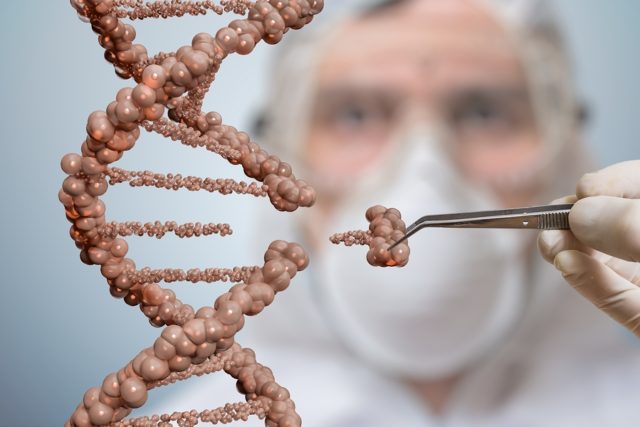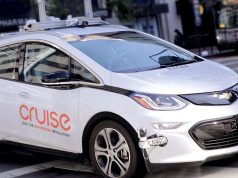We are increasingly living in the future. A group of scientists from the United States, South Korea and China have achieved the enormous feat of editing the DNA of human embryos to eliminate genetic diseases. The disease in question is hypertrophic cardiomyopathy, also called HCM.
This disease causes heart failure, especially in athletes. This occurs because the muscle of the heart (myocardium) undergoes a thickening, making it more difficult for the heart to pump the necessary blood. As intense physical activities require increased blood flow and oxygenation, people with this disease experience difficulty breathing, chest pain, fatigue and even fainting.
HCM affects one in 500 people, being one of the most common genetic diseases. If a parent has the genetic mutation that causes this disease, the child has a 50% chance of developing it too. However, DNA editing can either completely solve the problem or at least reduce the chances.
The scientists used the sperm of a man with HCM and fertilized the eggs of healthy women. The next step was to eliminate the piece of DNA that contained the disease-causing gene mutation and complete the space with a synthetic sequence. This is a technique known as CRISPR, which uses enzymes to target specific sites of the genetic sequence.
Although the change is successful, there is a problem. It is mosaicism, that is, not all cells adopt change. In the case in question, “only” 67% of the embryos developed without the anomaly. But the rest continued with the genetic mutation. However, using the technique at an earlier stage, that is, before the eggs were fertilized, 72% of the embryos did not present the problem.
Despite the success of the experiment, the embryos used were not meant to be human. They were discarded three days later. It is still a long way off for this solution to be used clinically and for all people, but we are already starting to move more quickly in that direction.
If, on the one hand, there are a number of benefits in genetic editing, such as the possibility of preventing the onset of more than 10,000 diseases caused by genetic mutations, there is every ethical and social side that still needs to be discussed.










